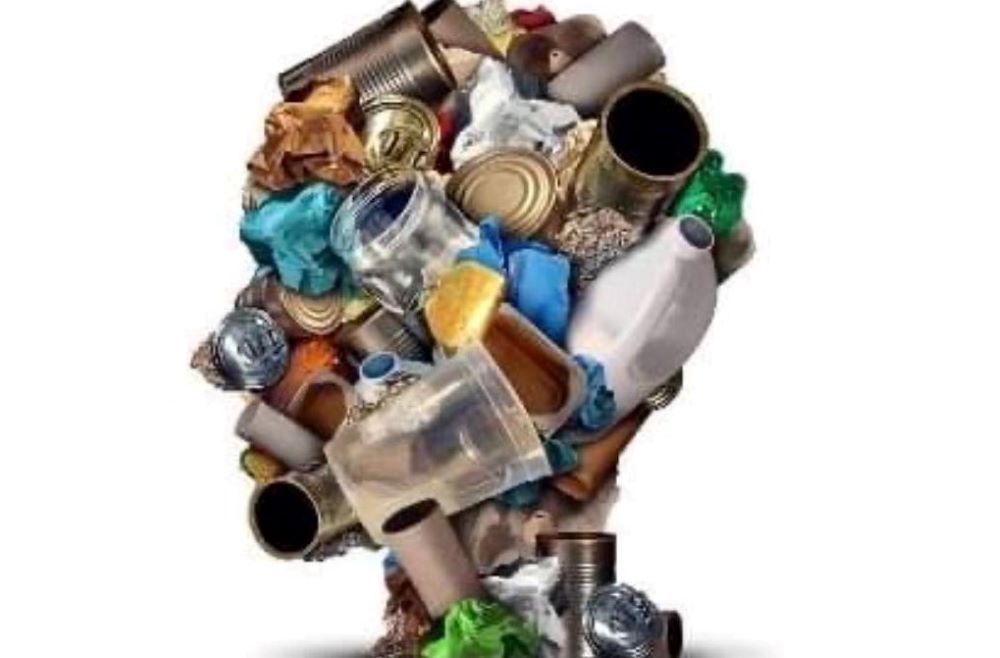The pace of solving the urban solid waste issue is slower than the Government’s need to create the impression that it has solved it.

Romeo Hanxhari
The unequivocal condition for success in this war is the daily engagement of the public in the solution. In order to realize this daily commitment, the public must be informed, educated, and encouraged. Otherwise there is no lasting solution, only illusion and stagnation.
Until 2011, urban waste management in Albania was unfairly equated with “cleaning”, based on Law No. 8094, dated 21.3.1996, “On the public disposal of waste”. In 2011, Albania decided to deal with this problem on a legal basis, and started solving the problem when the Parliament approved Law No. 10 463, dated 22.9.2011 “On integrated waste management”, and when the Government issued DCM no. 175, dated 19.01.2011 “On the approval of the national waste management strategy and the national waste management plan”. These steps were fully aligned with EU sectoral waste policies, namely with Directive 2008/98/, dated November 19, 2008, “On waste”, the essence of which is to respect the “waste hierarchy” and “participation of the public in sustainable solutions”.
In Albania, there is no action plan to encourage public participation in solving the waste issue. The main reasons are two. First, it is the political decision of the Rama government in Albania to give absolute priority to the treatment of urban solid waste with a regional incinerator. This decision was accompanied by the illusion that the issue is resolved only with 2 strategic moves: the construction of incineration plants at the regional level, and the legal obligation of local units to send the waste to the incinerator with payments subsidized by the Government for a period of 5-7 years. The incinerator “solution” does not need public participation at all, and therefore does not need to educate, inform, or encourage the public to recognize and implement the Integrated Urban Solid Waste Management Strategy through reduction, reuse, and separation of waste at the source for recycling. On the other hand, the costs of waste treatment would have to be borne by the public, at the level of each local unit. This economic motive of the need to reduce the costs that the public itself has on its back, is in every country of the world the impetus why the public goes willingly and with conviction towards the implementation of the links of reduction and recycling. A simple information campaign is enough for this. But, by subsidizing waste treatment fees in the incinerator, the Government indirectly gives the public the message that “waste treatment costs are zero”, and that the public is not required to do anything except take as much waste as they want to the waste bin in the neighborhood. This is the first illusion that has been created.
The other reason for the lack of any education and information campaign is related to the above. It is called the “temporary discrepancy”: so, although in reality the issue of waste cannot be resolved within the 4 or 8 years of the governing mandates, the Government needs to, within these electoral terms, create in the public (the electorate) the belief that it has solved the problem. Normally, the pace of solving the issue of urban solid waste is slower than the need of the Government to create the impression that it has solved it. Therefore, it goes towards the creation of the second illusion, which a priori excludes the public from the need for the contribution that it really must have in this long war.
By not fighting the daily battles, the public in Albania is simply living in the illusion of a “solution”.
Romeo Hanxhari, has been dealing with public environmental issues in Albania for over 20 years from the positions of researcher, civil society activist, or public administrator



Leave A Comment